



After Donald Trump was officially sworn in as the President of the United States in January 2025, a series of policies, ranging from the "America First Trade Policy" to the "One Big Beautiful Bill Act," have been overwhelming. Export entities was initially paralyzed by the skyrocketing tariffs, but then rushed to get all containers to the United States ASAP once the tariffs eased. Throughout this process, they have been living on tenterhooks. However, while most attention is focused on tariff barriers, export-oriented entities shall not overlook other compliance obligations. For example, for entities whose export goods involve wood and wood products, the Lacey Act is a law that cannot be ignored. The Lacey Act requires entities to have strong control over the products in their supply chain, ensuring that the products in the supply chain do not violate U.S. or foreign laws, so as to ensure the legality of their goods' sourcing. In December 2024, the scope of goods covered by the Lacey Act implementation plan was greatly expanded, and according to official statements, it will continue to expand in the future. This means that more and more entities will need to pay attention to the Lacey Act and fulfill their compliance obligations under the Lacey Act. For export entities, although the legality of sourcing and supply chain compliance required by Lacey Act may increase management costs, they also raise opportunities for those who want to stand out. As ESG compliance becomes more and more important, entities that embrace supply chain compliance are more likely to have a stable and long-term development.
I、Short Introduction Of Lacey Act
1. Why You Should Know This Lacey Act?
Importers need to fill in and submit the PPQ form 505 to declare their data elements when import products into the United States. Many enforcement cases showed that a violation of Lacey Act may result in large civil fines or even imprisonment.
2. Who should know this Lacey Act?
Lacey Act can be applied to “any person”, includes any individual, partnership, association, corporation, trust, or any officer, employee, agent, department, or instrumentality of the Federal Government or of any State or political subdivision thereof, or any other entity subject to the jurisdiction of the United States.1
3. What kind of trade is relevant?
(1) Fish and wildlife: any wild animal, whether alive or dead, including without limitation any wild mammal, bird, reptile, amphibian, fish, mollusk, crustacean, arthropod, coelenterate, or other invertebrate, whether or not bred, hatched, or born in captivity, and includes any part, product, egg, or offspring thereof.
(2) Plant and plant product: Before 2008, only plants that listed under Endangered Species Act (ESA); Convention on International Trade in Endangered Species of Wild Fauna and Flora (CITES); or any State law that provides for the conservation of species threatened with extinction were covered by Lacey Act. And it did not expressly include plant product. However, the 2008 amendment expanded the scope covering plants and plant products, and this scope continues to expand.
II、The Story of Lacey Act
Our story begins with ladies’ hats in 19th - century Europe, when hats adorned with bird feathers and fur emerged as the latest fashion. In those days, the most fashionable hats were adorned with the "fancy feathers" plucked from the rarest of birds. Because such feathers from rare species conferred great prestige on their wearers, the plumes of these birds became highly coveted. This demand led to the deaths of a million North American birds each year, all to supply the millinery trade.2
Laey Act was firstly introduced into Congress by Representative John F. Lacey, and was signed into law in May 1900. It is a conservation law that addressed problems of profitable illegal wildlife trafficking, making it a federal crime to poach game in one state with the purpose of selling it in another.
In 2008, Lacey Act was amended to include timber and timber products within its scope of protection, which made Lacey Act the world’s first national ban on the illegal wood trade.3 The purpose of this amendment is to “promote ecosystem protection and to aid the U.S. timber industry”.4
According to the Act, all interstate or foreign commerce involving illegally sourced plant and plant product—such as paper/bow/furniture/ instrument/pencil — are prohibited. Also, it provided a declaration requirements for certain imported products. If importers did not file the information, or filled out incorrectly or falsely, they may face fines and penalties.
On October 8, 2008, APHIS published the implementation plan for Lacey Act Declaration Requirement, which employ a phase-in approach to enforcement.5
The phase-in enforcement began on April 1, 2009, when the CBP electronic system for collecting the required declaration data was fully completed. And on September 2, 2009, after receiving comments from the public, APHIS published a revised phase-in schedule.
In 2024, USDA (U.S. Department of Agriculture) expanded the Lacey Act declaration requirements to cover broader range of import products (such as industrial and medicinal plants, footwear, and hand tools, sporting goods, furniture), which is referred to as Phase VII of the Lacey Act declaration implementation.
The historical phase-in schedule is detailed as follows:6
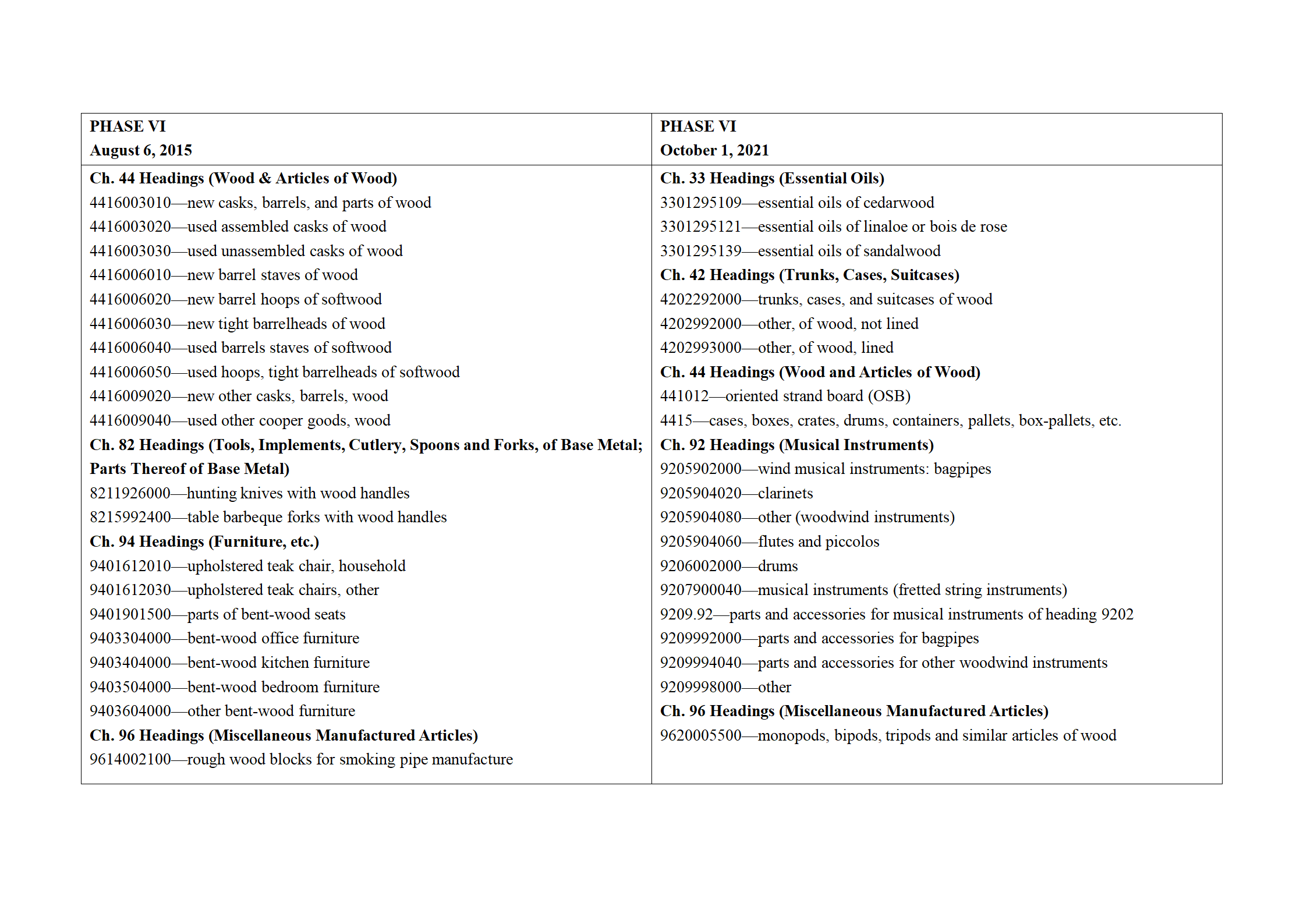
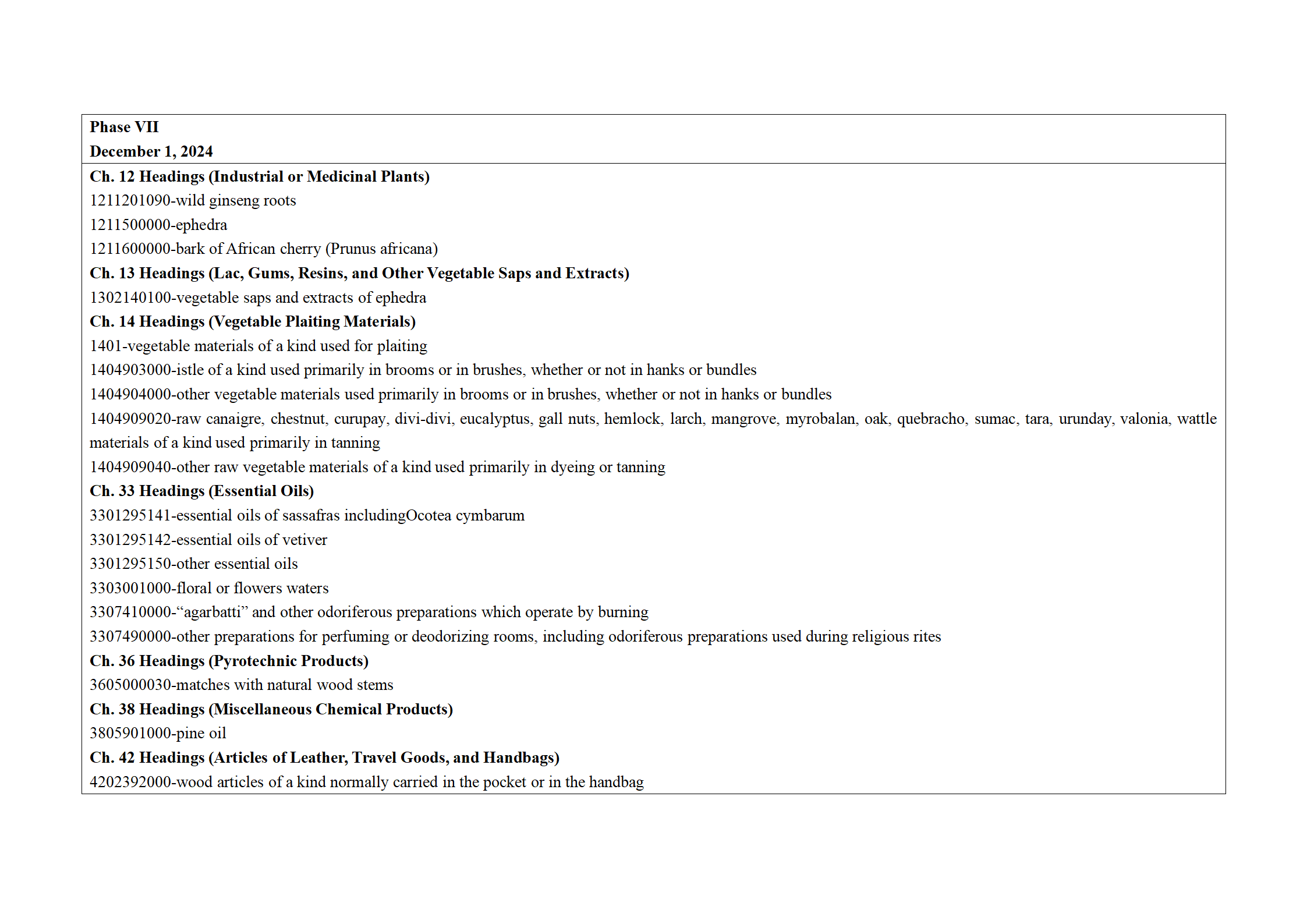
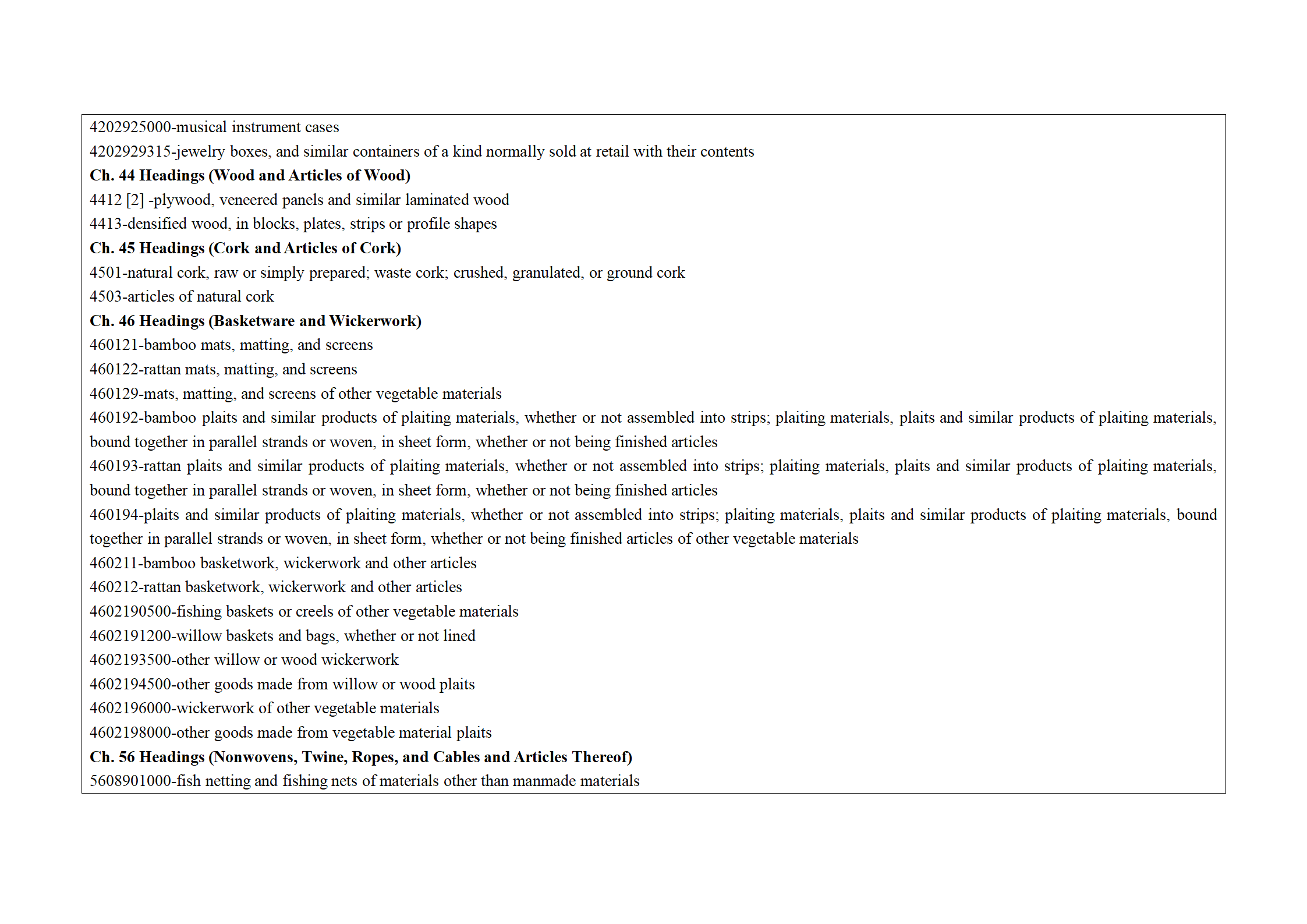
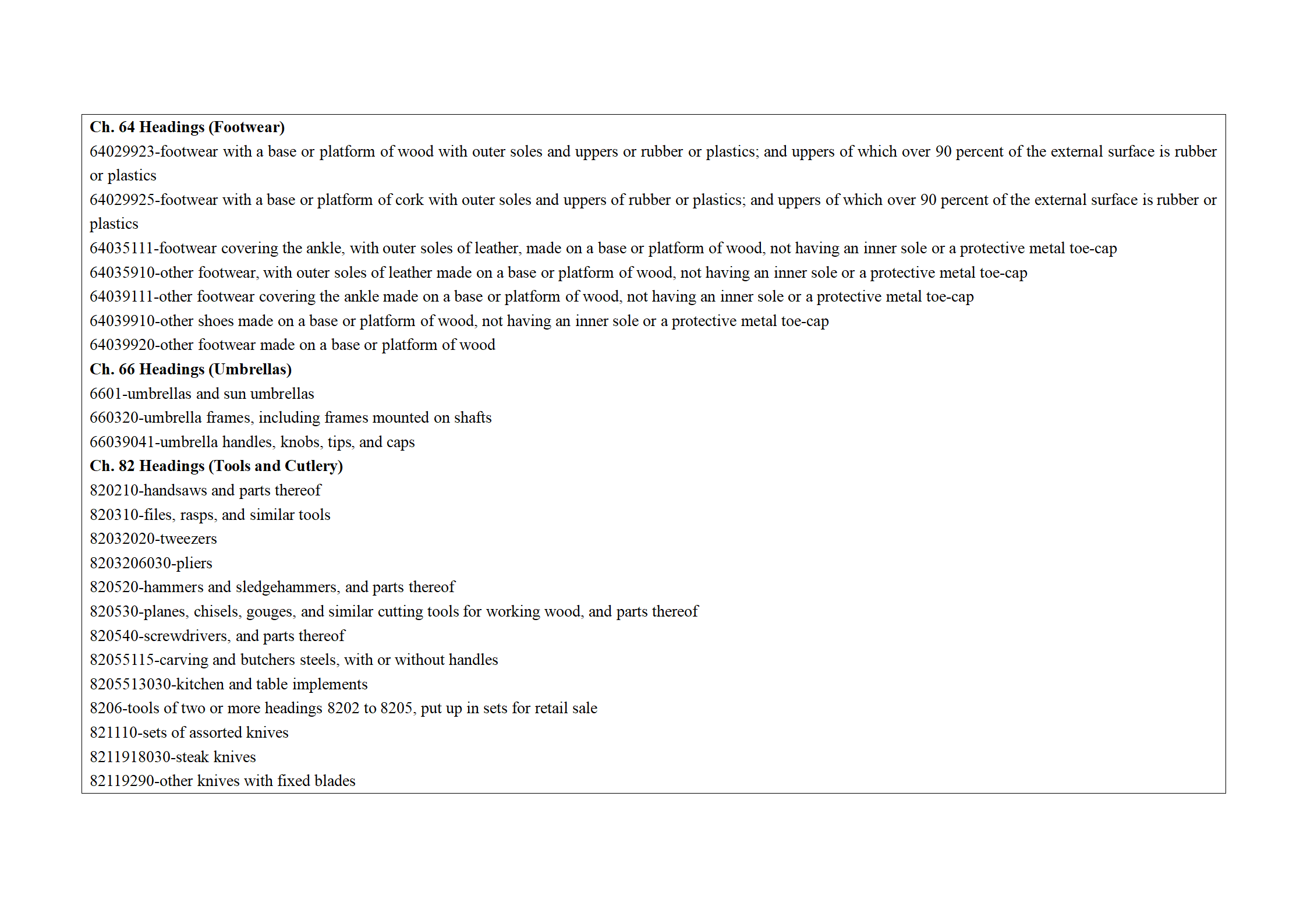
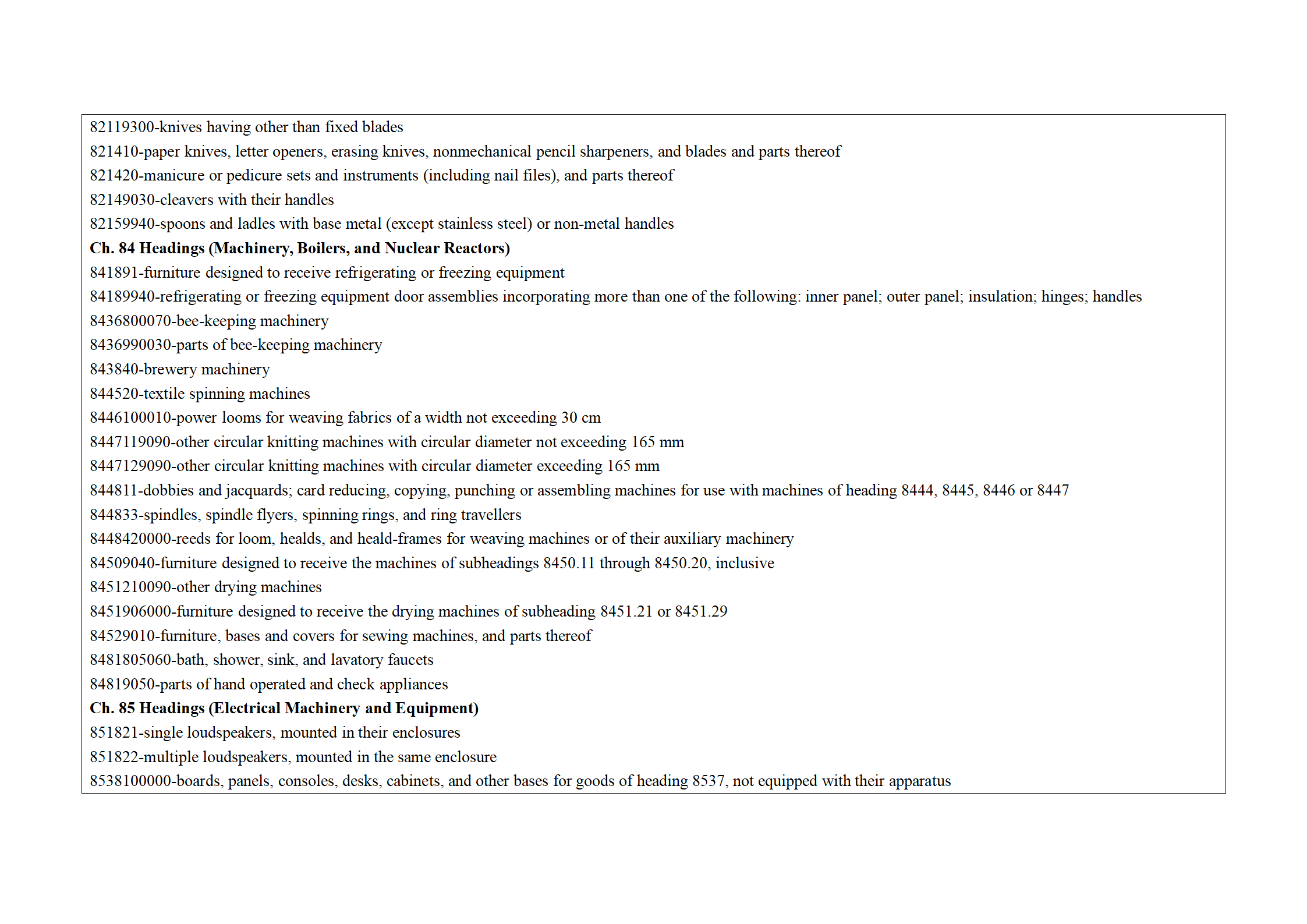
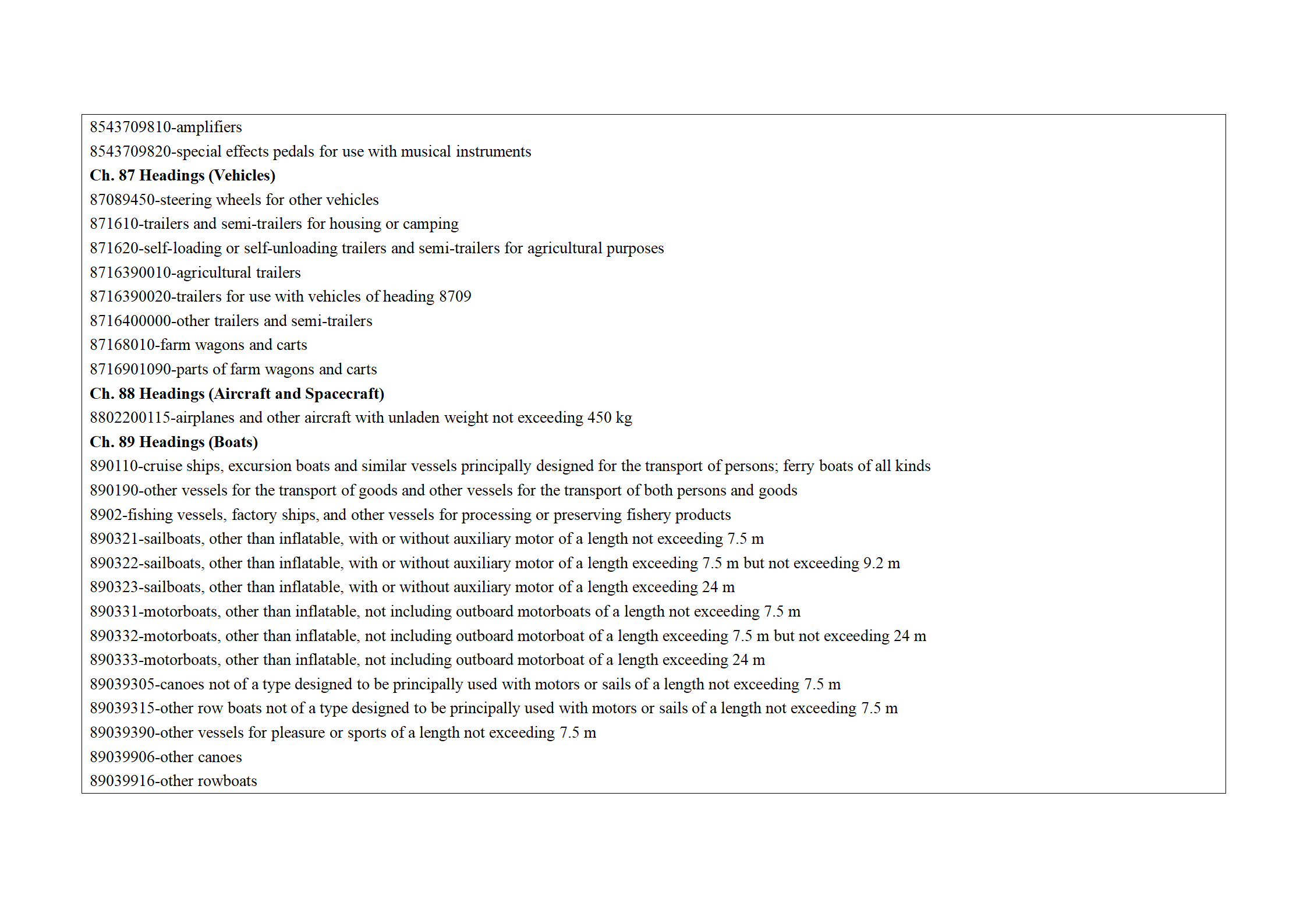
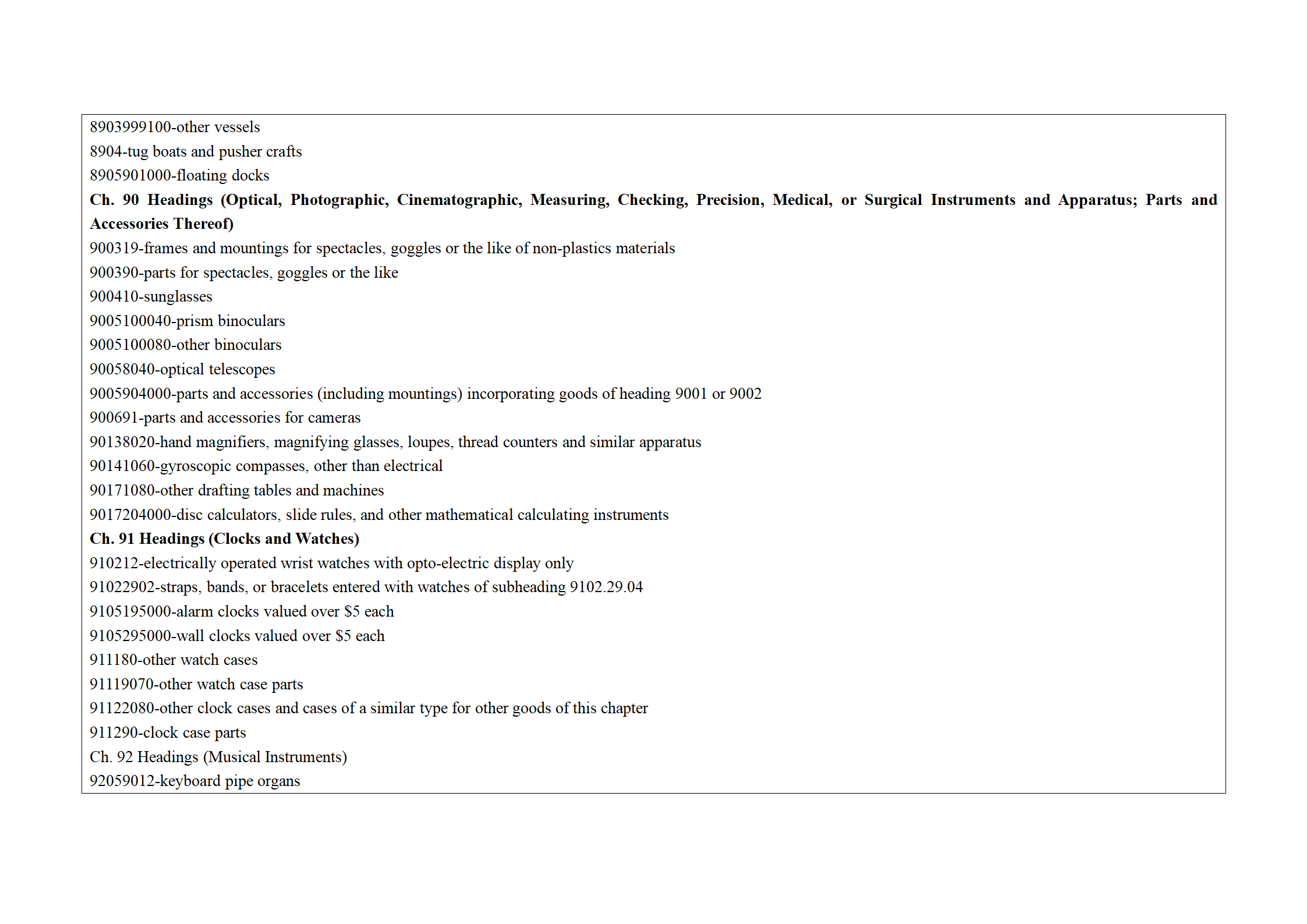
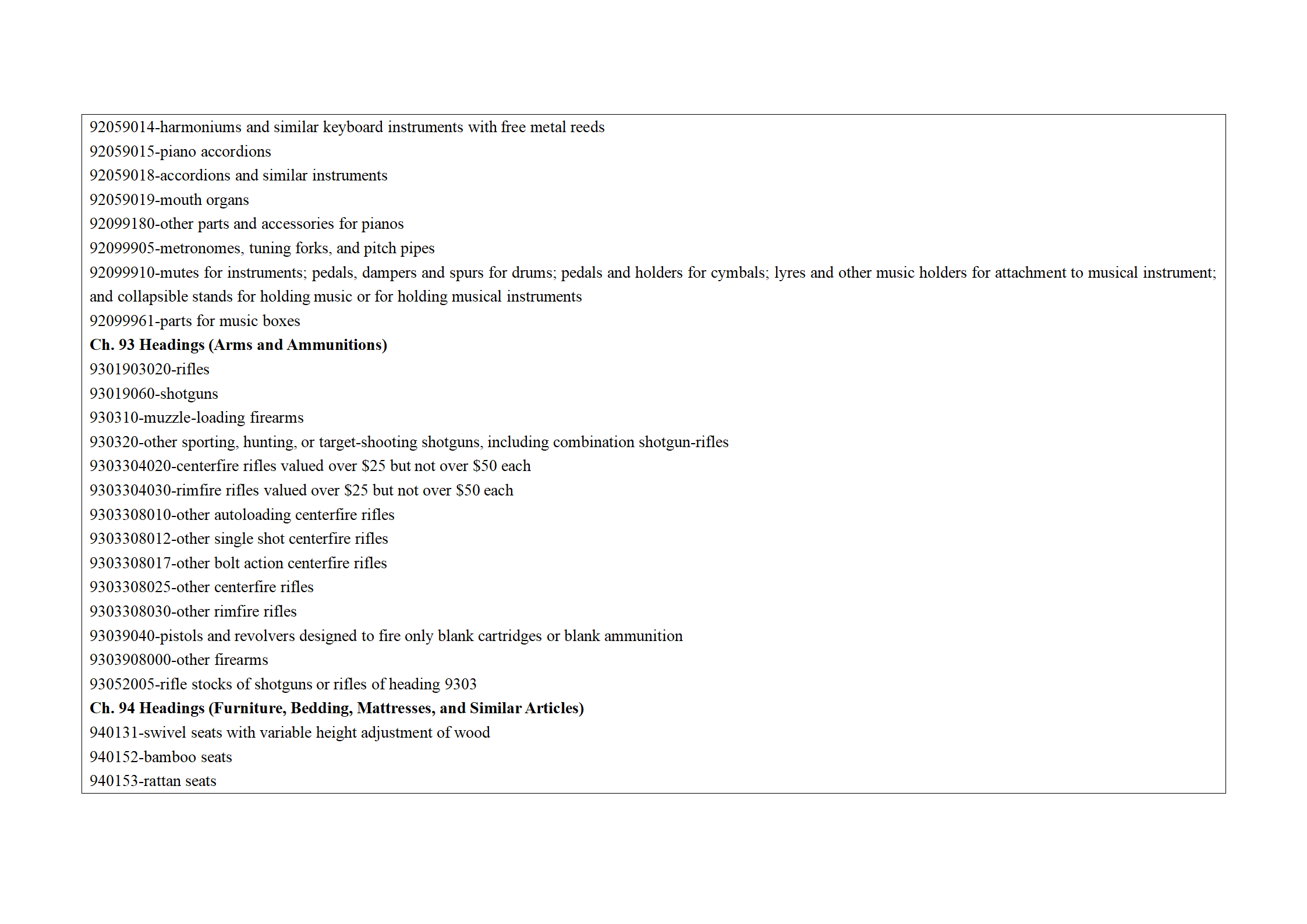
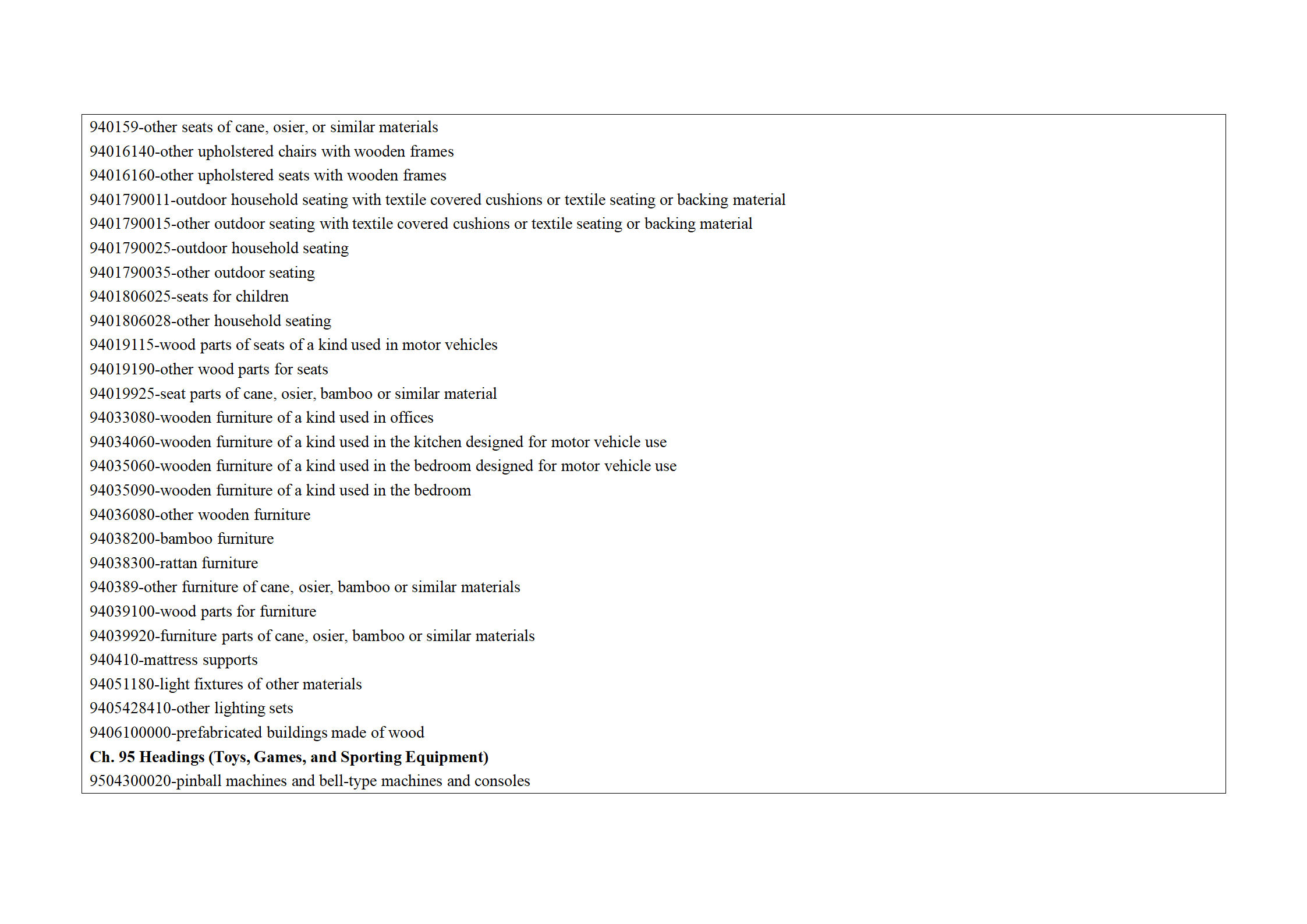
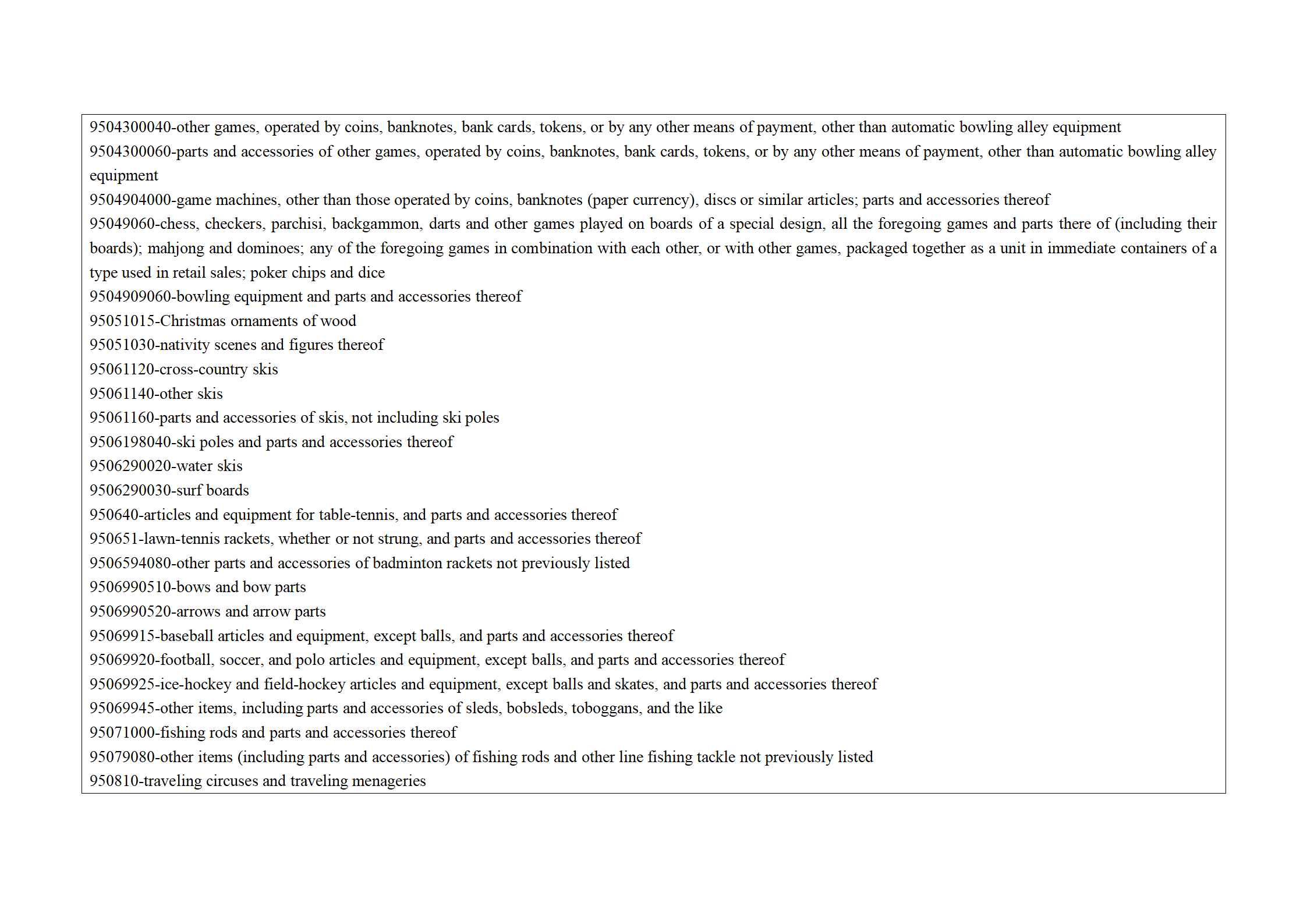
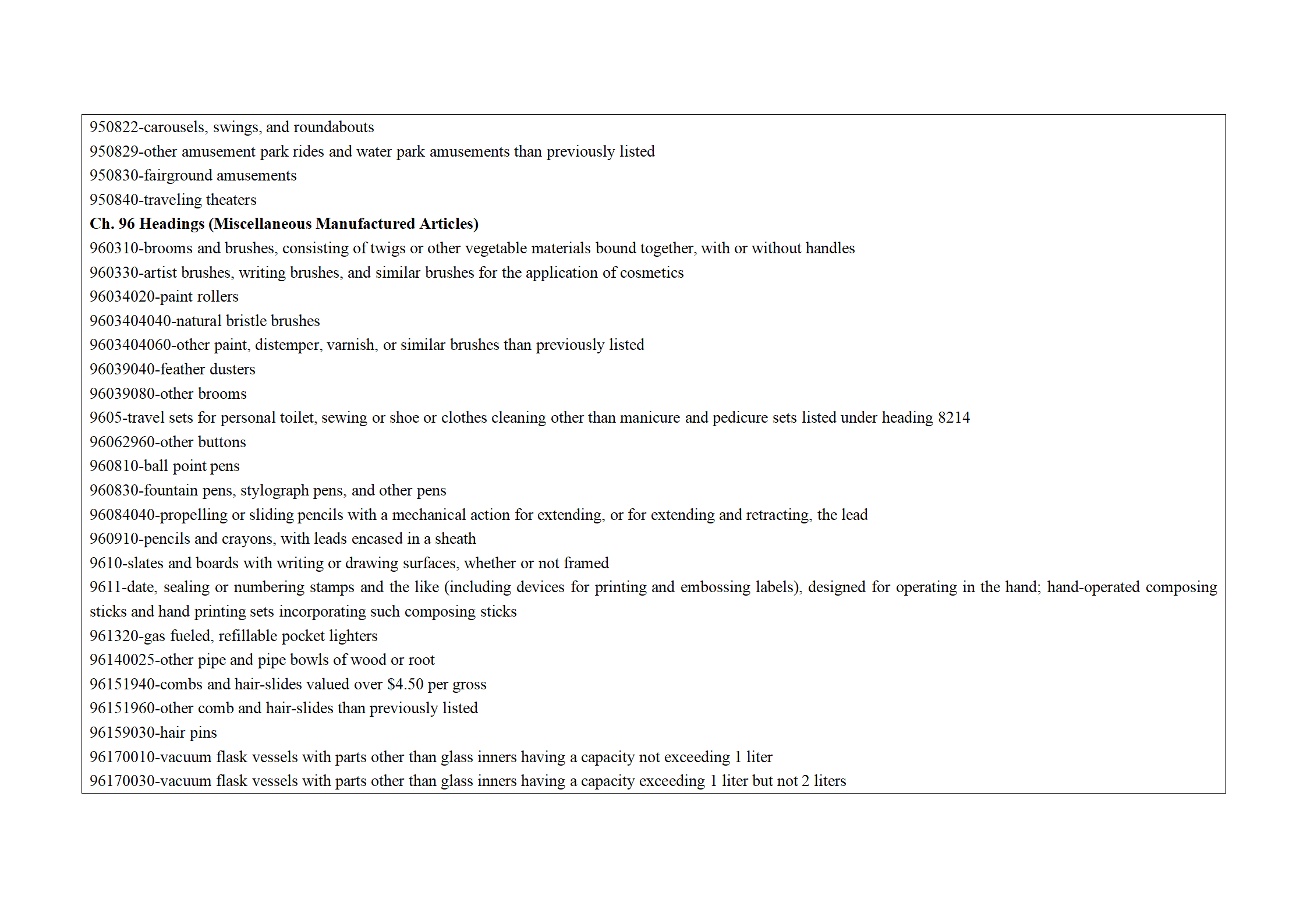
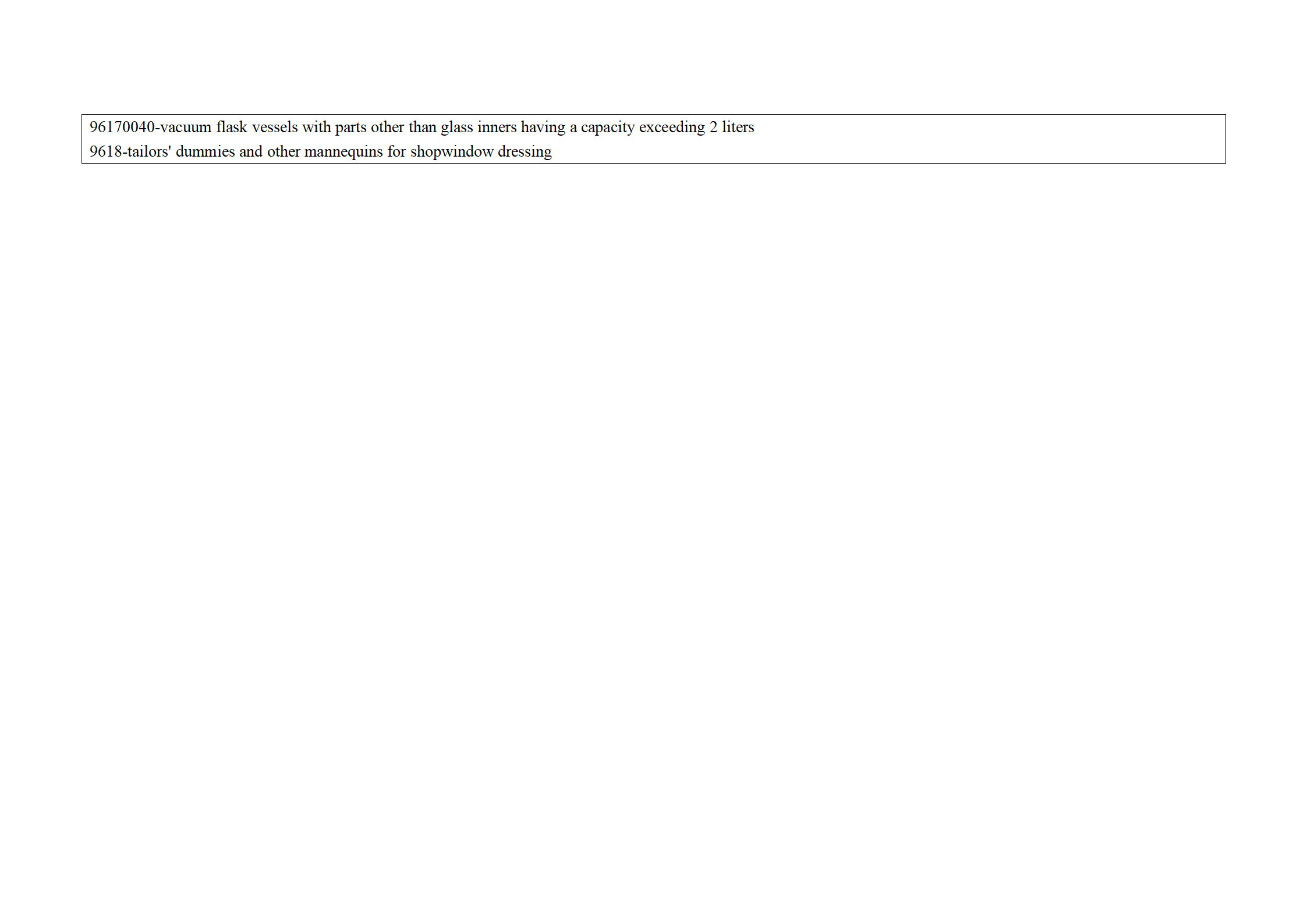
III、Distinctive Feature Of Lacey Act
1. Broad Reach
Lacey Act was amended to include fish, wildlife, plant and plant products. It covers not only U.S. federal laws, but also U.S. state laws, tribal laws, and even foreign laws and regulations. It can be applied to any person/entity subject to the jurisdiction of the U.S. Lacey Act is enforced by the Animal and Plant Health Inspection Service (APHIS) of the Department of Agriculture, the Customs and Border Protection (CBP) of the Department of Homeland Security, the U.S. Fish and Wildlife Service(FWS) of the Department of Interior, the National Marine Fisheries Service (NMFS) of NOAA of the Department of Commerce, the Department of Justice,7as well as other agencies such as Office of the U.S. Trade Representative, U.S. Agency for International Development, and the U.S. Department of State.8
2. Violating any state, federal, tribal, or foreign law and regulation
Under Lacey Act, it is unlawful to import, export, transport, sell, receive, acquire, or purchase in interstate or foreign commerce any plant, with some limited exceptions, taken, possessed, transported, or sold in violation of any law, treaty, regulation of the U.S., any law or regulation of a U.S. State or a foreign country.9 That is to say, a violation of other laws, regulations or treaties could be a predicate offense leading to a violation of Lacey Act.
3. Strict Liability
According to 16 U.S.C. 3374(a)(1), any violation of Lacey Act “shall be subject to forfeiture to the United States notwithstanding any culpability requirements for civil penalty assessment or criminal prosecution included in section 3373 of this title. ” U.S. Congress allowed civil forfeiture upon strict liability. That is to say, the U.S. government does not need to establish any level of knowledge on the part of the person regarding the illegal nature of the product to forfeit it. Because of the strict liability basis, as long as there’s a Lacey Act violation, the imported goods shall be forfeited, regardless of whether the person or entity along the supply chain exercised due care or knew of the illegality.
IV、Requirements of Lacey Act
1. Trafficking ban--Acts That Are Prohibited Under Lacey Act
1.1. Violation of US Laws or tribal laws
Lacey Act makes it illegal “to import, export, transport, sell, receive, acquire, or purchase any fish or wildlife or plant taken, possessed, transported, or sold in violation of any law, treaty, or regulation of the United States or in violation of any Indian tribal law”.10
1.2. Violation of State or Foreign Laws
1.2.1. Fish Or Wildlife: Lacey Act makes it illegal to import, export, transport, sell, receive, acquire, or purchase in interstate or foreign commerce any fish or wildlife taken, possessed, transported, or sold in violation of any law or regulation of any State or in violation of any foreign law.
1.2.2. Plant
(1) Violation of any law or regulation of any State, or any foreign law, that protects plants or that regulates-(I) the theft of plants; (II) the taking of plants from a park, forest reserve, or other officially protected area; (III) the taking of plants from an officially designated area; or (IV) the taking of plants without, or contrary to, required authorization.
(2) Violation of any law or regulation of any State or any foreign law that requires payment of appropriate royalties, taxes, or stumpage fees for the plant.
(3) Violation of any law or regulation of any State or any foreign law that governing the export or transshipment of plants.11
2. Declaration
Lacey Act requires importers to “file upon importation a declaration that contains- (A) the scientific name of any plant (including the genus and species of the plant) contained in the importation; (B) a description of- (i) the value of the importation; and (ii) the quantity, including the unit of measure, of the plant; and (C) the name of the country from which the plant was taken.”12 For plant product, a declaration shall contain “the name of each species of plant that may have been used to produce the plant product”; “the name of each country from which the plant may have been taken”; “the average percent recycled content”.13
As mentioned above, this declaration requirement has been started in 2009 with a phase-in schedule. Customs and Border Protection (CBP) has automated the process for collecting the PPQ Form 505 data elements. An importer has the option to complete and present a paper Plant and Plant Product Declaration Form PPQ 505 for each line. Importers may also file electronically in USDA, APHIS’ web-based system, “Lacey Act Web Governance System (LAWGS).14
However, Lacey Act declaration requirements does not apply to15:
(1) Common cultivars, except trees.
(2) Common food crops.
(3) A scientific specimen of plant genetic material used only for laboratory or field research.
(4) Any plant that is to remain planted or will be replanted.
(5) Packaging material such as wood crating, wood pallets, cardboard boxes, and packing paper used as cushioning or support unless the packaging material itself is the item being imported.
(6) The plant material in a product represents no more than 5 percent of the total weight of the individual product unit, provided the total weight of the plant material in an entry of products in the same 10-digit tariff provision does not exceed 2.9 kilograms.
V、Enforcement of Lacey Act
1. Here follows a summary of Lacey Act penalties:
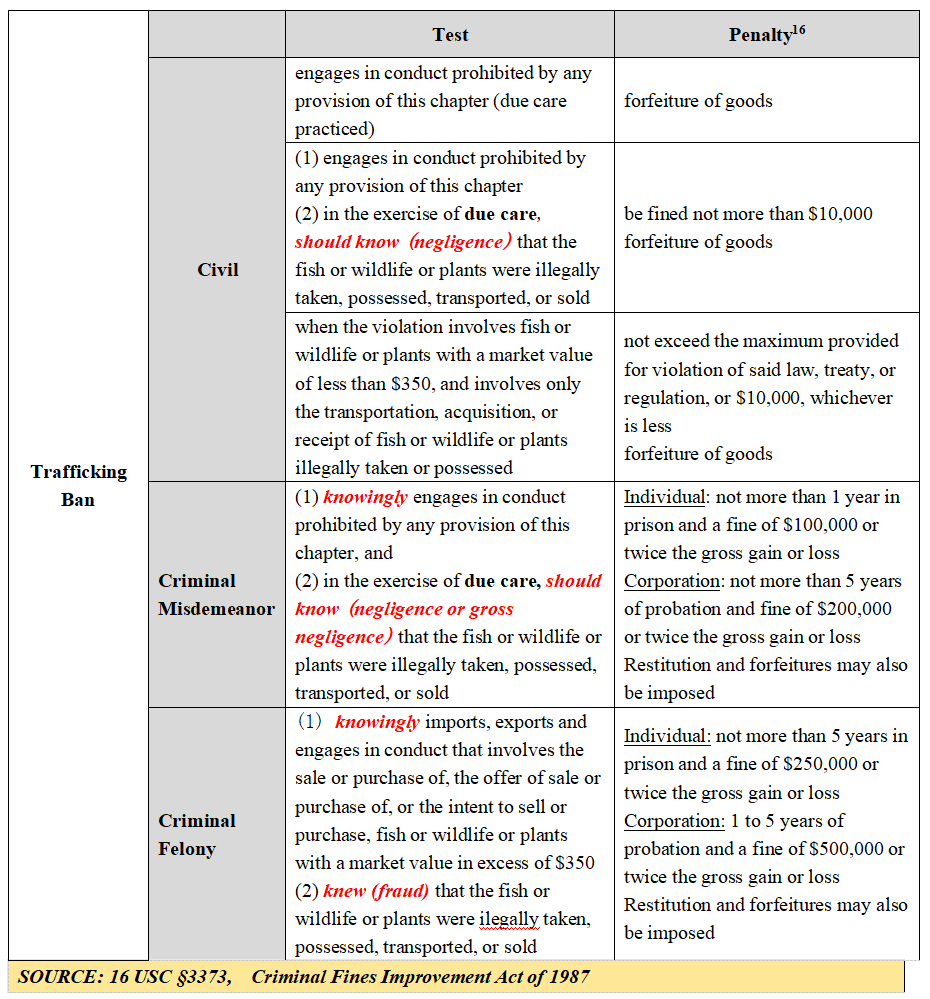
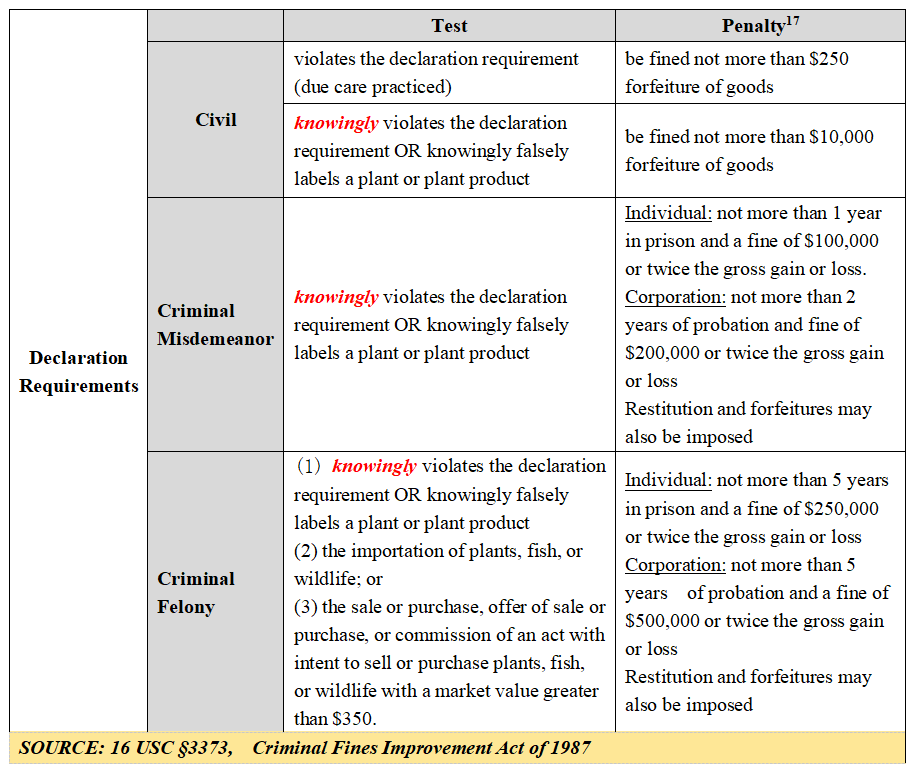
According to the above chart, it’s quite clear that the primary method by which U.S. importers can protect themselves from criminal and certain civil penalties under the Lacey Act is to exercise due care in determining if the imported plants or plant products were legally harvested, processed, and exported.
2. Violation Of Lacey Act
2.1. Gibson Guitar in 2012
Gibson purchased “fingerboard blanks,” consisting of sawnboard of Madagascar ebony, for use in manufacturing guitars. Madagascar Ebony is considered threatened in its native environment due to over-exploitation. Gibson’s supplier continued to receive Madagascar ebony fingerboard blanks from its Madagascar exporter. In 2008, an employee of Gibson participated in a trip to Madagascar, and was told that a law passed in 2006 in Madagascar banned the harvest of ebony and the export of any ebony products that were not finished. He then visited the facility of the Madagascar exporter, and found that the wood at the facility was under seizure and could not be moved. After this Gibson employee returned, he conveyed such information to superiors at Gibson, but no further investigation or action were taken, and Gibson continued to place orders with its supplier.

Also, the government alleges that Gibson’s import of pieces of rosewood and ebony has been falsely declared both during export from India and during import to the U.S. In order to avoid the Indian government’s prohibition on export of sawnwood (HS 4407), some shipments of Indian ebony and rosewood were imported with an incorrect tariff code (HS 9209), and declared upon import as veneer (HS 4408) products. 18
In 2011, armed FWS marshals executed search warrants at Gibson Guitar Corp. premises and seized wood imported from India. In August 2012, Gibson Guitar Corp. entered into a criminal enforcement agreement with the United States resolving a criminal investigation into allegations that the company violated the Lacey Act by illegally purchasing and importing ebony wood from Madagascar and rosewood and ebony from India. This criminal enforcement agreement defers prosecution for criminal violations of the Lacey Act and requires Gibson to pay a penalty amount of $300,000, and a community service payment of $50,000 to the National Fish and Wildlife Foundation. Gibson will also implement a 5 page compliance plan.
2.2. YOUNG LIVING ESSENTIAL OILS,L.C.
From June 2010 to October 2014, YOUNG LIVING ESSENTIAL OILS, L.C. (the Company) and its contractors have harvested, transported, and distilled rosewood (Aniba roseaodora or Brazilian rosewood) in Peru and imported some of the resulting oil into the United States, through Ecuador. In Peru, it requires certain authorization to harvest and transport rosewood and other timber. But neither the Company nor its contractors, suppliers, or employees had any such authorization. For Species covered by the Convention on International Trade in Endangered Species (CITES), certain export permits are also required by the Peru government. The Company did not obtain such CITES export permits either.
The Company had no internal compliance program or formal procedures to review, identify, analysis and stop potential violations. So, the Company hired a third party counsel to conduct an internal investigation into the whole progress that occurred in Peru and Ecuador. On July 20, 2015, upon the Company received the internal investigation report, the Company voluntarily disclosed its rosewood oil violations and has been cooperating with government investigators. The Government calculates the fair market retail value of the plant products involved in the violations and relevant conduct, to be somewhere between $3.5 million and $9 million.
The Company was sentenced to a fine of $500,000, $135,000 in restitution, a community service payment of $125,000 for the conservation of protected species of plants used in essential oils, and a term of five years’ probation with special conditions, including a 22 pages compliance plan, audits, and the publication of statements regarding its convictions.19
2.3. The Quintanas
Noel and Kelsy Hernandez Quintana (“the Quintanas”) established seven companies to import plywood products into the United States from 2016 to 2020. Before April 2017, the Quintanas imported containers of plywood and exclusively declared them as hardwood plywood imported from China. After April 2017, the Quintanas falsely declared their hardwood plywood imports from China as either the product originated from another country or to be made with a species of wood not subject to duties to evade applicable duties.
In 2024, HIS, CBP, FWS as well as the APHIS all involved in this case. The Quintanas were held accountable for their intentional circumvention of customs laws. For instance, since hardwood plywood originated from China would be subjected to an anti-dumping and countervailing duties up to 200%, in order to to better conceal that the country of origin of the plywood was China, the Quintanas shipped Chinese-produced hardwood plywood to Malaysia, then transferred the wood to new containers to be shipped onward to the United States. They also violated Lacey Act and conspired to sell the illegally imported plywood. For example, they imported plant products without filing a declaration including the scientific name and name of the country from which the plants were harvested.
This Florida couple was finally sentenced to five years in prison, and, paY more than $42.4 million in forfeitures and more than $1.6 million in storage costs incurred by the government when the Quintanas declined to abandon seized illegal wood. The Quintanas were also ordered to serve 3 years of supervised release after their prison sentences, prohibited from engaging in businesses regarding products covered by Lacey Act.20
2.4. LD Kichen&Bath
Tip the Scale LLC, dba LD Kitchen and Bath (LDKB) is a Tacoma-based importer and retailer of wood cabinets and vanities. LDKB imported products from China, but starting in 2019, one of its Chinese supplier was subject to a 251% anti-dumping duty. LDKB refused to import the products because of the high anti-dumping duty. Then the shipment was re-routed to Malaysia and then came back to the United States declared as being originated from Malaysia, to avoid large number of import duties. During a standard inspection by CBP, officers found that some boxes were labled “Made in China” while other boxes had their “Made in China” cut out or removed. CBP then found that the wood used in the cabinets was composed of species found in China and Northern Asia, not Malaysia.

In 2024, LDKB pleaded guilty to a felony count of importing goods by means of false statements. LDKB was sentenced to pay a $110,000 criminal fine into the Lacey Act Reward Fund and an additional $250,000 administrative Customs penalty. And LDKB was required to implement a 7 pages mandatory environmental compliance plan periodically audited by a third party. Also, LDKB has paid more than $850,000 in outstanding duties, and forfeited three shipping containers of wooden cabinets.21
Clearly, companies will be held accountable for violations of environmental laws and acts of deception toward customs authorities.
VI、How to fulfill Lacey Act Requirement
Lacey Act is a strict liability law where due care is not defined or even specified, however, due care is expected, and the enforcement action and the disclosed compliance plans expands expectations. According to the FAQ on APHIS’s website, due care “means the degree of care at which a reasonably prudent person would take under the same or similar circumstances.”22 All people along the supply chain shall abide by plant protection and relevant laws of the United States and foreign countries.
By reviewing the compliance plan, the Justice Department has made it fairly clear that they will weigh the level of “due care” in determine whether to pursue prosecution for Lacey Act violation. That is to say, the more work and time you’ve spent on “due care”, the less you might get on your final penalties. US FWS has recommended companies to use a Lacey Log to inventory wood, by taking date-stamped photos, notarizing the documents save in a safe place and updated periodically. Then individually weighed and numbered the wood boards, stamping facet so that the wood can be traced from finished product to the original inventory. However, there’s no checklist for Lacey Act due care, and no certification that can be used to ensure legality. For importers of Lacey Act species, the key thing is to really know their supply chain, know the source of their product, and know their supplier. A strong chain-of-custody regimes may help ensure the legality of the supply chain, and by doing so, help control the risk of forfeiture and other civil or criminal penalties.
VII、Lacey Act and EUDR
Phase VII of the Lacey Act declaration implementation took effect in December 1, 2024, which expanded the scope of the products that covered by Lacey Act, and these phase-in schedule are expected to continue –there will likely be a new phase in the future, and more products will be included in the Lacey Act enforcement. Companies who are in the supply chain of wildlife, wood and wood products shall keep a close eye on the policies and enforcement of Lacey Act.
Similar but much more broader than Lacey Act, companies may also want to Pay Attention to EUDR (EU Deforestation Regulation) , which has adopted in 2023, requires businesses to declare that the products output from the EU or come into the EU are not part of the deforestation or contributing to forest degradation. EUDR is actually a broader successor of EUTR(EU Timber Regulation), and the EUTR will be ineffective once the implementation process of EUDR is finished. In 2024, EU postponed the start date of EUDR compliance by 12 months, and so the rules will apply from Dec. 30, 2025, for large enterprises, and June 30, 2026, for small and medium-sized businesses. EUDR is targeting to companies that are in the EU, are bringing products into the EU, are trading products within the EU, or are transforming products within the EU. For exporters selling products to EU, they have to abide by the EUDR so that the buyer can imported the products into the EU.
The penalty for violating the EUDR includes: potential fines of up to 4% of the company's EU turnover, confiscation or exclusion from public funding or contracts. Compliance with Lacey Act does not necessarily means compliance with EUDR, since EUDR is not only focused on legality of supply chain. EU use EUDR as a milestone to fight for sustainable business practices. For companies who are selling or are thinking about selling products to the EU, we’d suggest to do their due diligence work carefully.
To sum up, more and more countries and regions are paying more attention to environmental issues. It would be much wiser for companies to turn their compliance obligations under either Lacey Act or EUDR into their competitive advantage. Though it might need to spend more cost on the supply chain improvement, but from a long-term perspective, it pays off by not only safeguarding their market access, but also differentiate themselves in a competitive market and so can better respond to buyer’s demand for sustainable supply chains.
References
